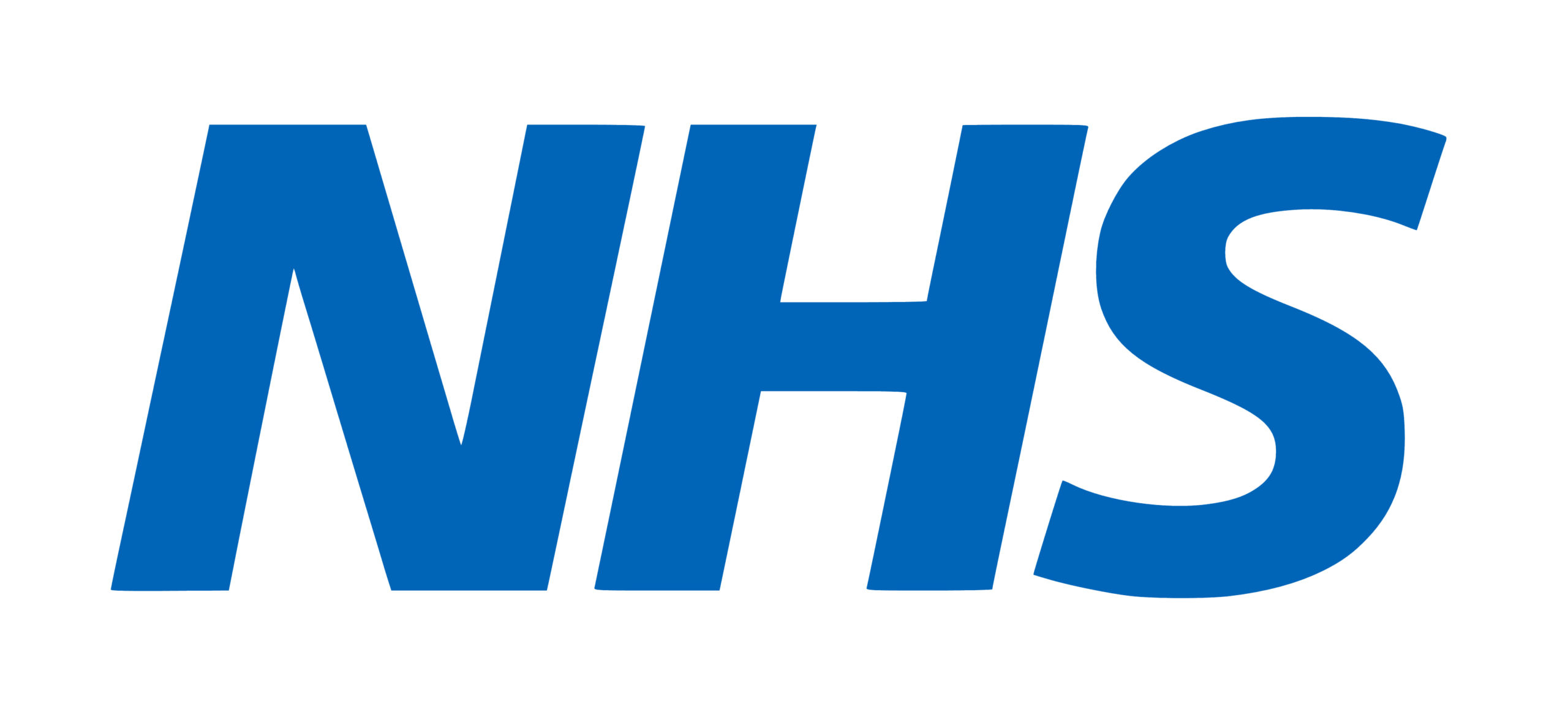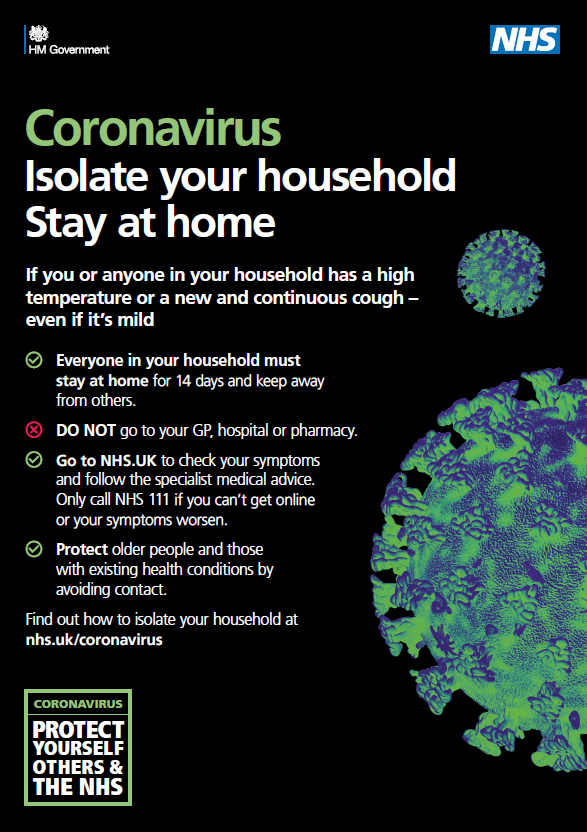The NHS is working towards a ‘Net Zero’ target ‘For a Greener NHS’, and aims to be the world’s first ‘net zero’ national health service. Malling Health UK Limited will be an integral part of that delivery target by setting internal targets, educating staff in relation to reducing our carbon footprint and the associated benefits.
Our Net Zero policy targets are aligned to the NHS ‘Delivering a Net Zero NHS’ to be Net zero by 2040 for the emissions we directly control and Net zero by 2045 for the emissions we can influence e.g., supplier preference. We are absolutely committed to promoting sustainability and reach a carbon neutral position as a core tenet of our operational service delivery model.
‘We want Malling Health UK Limited to be a net zero carbon NHS partner organisation by 2040’.
At Malling Health UK Limited we have been delivering high-quality, safe, GP-Led Urgent Treatment Centres, GP Out of Hours services and GP Practices across a wide and diverse geography from the West Midlands, Herefordshire, Peterborough, Cambridgeshire, London and Kent. Our services are supported by over 300 clinical and non-clinical staff treating over 2 million patients per year.
Corporate Social Responsibility Officer
The Head of HR Anna Gornall is the company’s Corporate Social Responsibility officer, supported by CSR champions in each service.
Our Vision
Our vision recognises the importance of bringing our patients, people and the partners we work with us on every aspect of our journey. Along with supporting good causes, and offering local employment and procurement, we have a responsibility to lessen our impact on the environment. It is an important part of delivering compassionate, high quality patient care that improves people’s quality of life and secures a healthier future for generations to come.
We have already made great strides in reducing our carbon footprint from reducing paper usage and ink, our entire fleet of vehicles is now hybrid vehicles, electronic prescriptions, promoting car share, use of public transport and making use of recycling and reusing services in the community.
Why now?
The NHS is responsible for 5 per cent of the UK’s carbon emissions and 3.5 per cent of all road travel. As a provider of urgent and emergency care, and primary care services, we contribute to these statistics and recognise the important role we have to play in helping to reduce these emissions and improve overall sustainability.
At the same time, we all know that climate change is a significant threat to our environment and is already causing extreme weather events to occur more often and with increasingly serious consequences. The Government and other agencies have already declared that we are facing a climate emergency – stressing that ‘urgent action is required to reduce or halt climate change and avoid potentially irreversible environmental damage resulting from it’. The changes in our climate are already having a negative impact on health, particularly in deprived areas – widening health inequalities in our communities.
Our Green Plan outlines how we will start to reduce the impact of climate change and pollution on health, It also examines how we will address the issue of unsustainable services and medicines. And it starts to look at ways in which innovation, technology and ‘green’ learning can support what we do at Malling Health UK Limited. Our Plan is underpinned by ‘greener’ goals – including reducing wastage of all types and smarter travel.
Using the Carbon Calculator
We use the carbon calculator to ascertain a baseline measure and identify non-clinical emission hotspots. This will inform our plan of action to decarbonise the service, and allow Malling to reduce our carbon footprint in specific hotspots.
Our greener targets and measures
Following the Climate Change Act 2008, the UK Government set a mandatory national target to reduce carbon emissions to net zero by the year 2050. The Government’s Commercial Function has developed a new commercial policy measure for all central government departments and arm’s length bodies to support this aim. This measure requires suppliers bidding for some key contracts to commit to achieving Net Zero by 2050 and to publish a ‘Carbon Reduction Plan’. In recognition of this target – and its significant contribution towards the nation’s greenhouse gas emissions, the NHS has pledged to meet two targets, aiming to reach net zero carbon by 2040 for the NHS Carbon Footprint and by 2045 for the NHS Carbon Footprint Plus. We are committed to the following in support of these two targets:
· For emissions we have control over (our Carbon Footprint), we will reach net zero carbon by 2040
· For the emissions we can only influence (our Carbon Footprint Plus), we will reach net zero carbon by 2045, with an ambition to reach an 80% reduction by 2032.
Carbon Reduction Plan
From April 2023, NHS organisations will require all suppliers of new contracts for goods, services, and/or works with an anticipated contract value above £5 million per year (excluding VAT) to publish a carbon reduction plan (CRP) for their emissions.
Annual Publication of our Carbon Reduction Plan
As a provider of services to the NHS, we are committed to publishing a Carbon Reduction Plan that confirms the critical elements in the policy note – including our net zero carbon target, current emissions for transportation and distribution, waste generated, business travel and commuting. This will include greenhouse gas measures and the carbon reduction measures we are adopting. Following the guidance, our CRP will be endorsed by the Board, published on our website and updated annually.
Our carbon baseline has been developed in accordance with the NHS Carbon Footprint and includes the aspects of our business that produce CO2e emissions, including:
· Gas
· Electricity
· Fleet, leased and personal vehicles
· Water
· Clinical and non-clinical waste
· Medicines and medical equipment
· Premises
What have we done so far at Malling Health UK Limited
We have made some great strides in reducing our carbon footprint taking our employees on a journey to make our organisation environmentally friendly. We have worked with our staff educating them with respect to reducing our carbon footprint. To date we have reduced our footprint by:
Cycling, Hybrid Vehicles and Public Transport
· We have registered for the Bike2Work Scheme and encouraged the use of public transport, car share, walk or cycle to work. Wherever we deliver services we work with the landlord of the building to ensure there are lockable cycle racks and changing facilities for staff if they do not already exist.
· We have introduced hybrid vehicles to our transport fleet in the West Midlands. For example, in Sandwell, Dudley and Walsall we currently use Mild Hybrid cars which has reduced our consumption of unleaded petrol.
· We encourage staff to use public transport, cycle, walk or car share. We monitor the success of these initiatives through travel expense levels and staff behaviours.
Recruiting locally
We aim to recruit staff living locally bringing employment opportunities in the local region. Long distance travel is minimised and staff are able to walk or use public transport. The majority of our staff live locally.
Digital Transformation
We look at opportunities to implement new technologies to improve patient care and any new ways of working that can lead to efficiencies. We work with the Integrated Care Board Digitalisation Pathways and align to their long-term strategies. We adopt a philosophy of being open to new ways of working using technology to enhance patient care.
· Introduced online consultations using AccuRx allowing patients to avoid travel
· Using the Electronic Prescribing Service (EPS) to issue prescriptions to a pharmacy of the patient’s choice, reducing paper, transport costs and risk
· Introduced paper-lite systems transforming to digital records and electronic communications
Remote working
We have reduced travel by supporting staff to work remotely where appropriate, holding meetings by MS Teams. This is evidenced by our payment of travel expenses falling by over 75% since 2019
Recycling and reusing
Recycling/reusing is the most important way in which we can reduce what we throw away and extend the life of items. We educate staff on reducing and reusing plastic and monitor that through reducing the quantity of black bin refuse with our mantra of reduce, reuse, recycle. We use local recycling shops, and recycle electrical items (must be in working order) and upholstered furniture (must have fire safety labels attached).
Gas, electricity and water
We have reduced our consumption of gas, electricity and water. For example:
· Saved on energy bills by switching electronic equipment off, or placing on standby mode, using energy efficient bulbs, energy saving electrical sockets and smart plugs.
· Limited the use of dishwashers and encouraged staff, and the cleaning service, to hand wash using green cleaning alternatives
· Windows and doors to be kept closed during winter retaining heat
· Set thermostats to ambient temperatures
· Replaced filament light bulbs with LEDs
This has been measured by a reduction in our utility bills.
Premises
We will undertake a property survey to identify opportunities for reducing energy consumption. We explore the potential of using:
· ‘Heat Pumps’ as they can extract free heat from the soil, ambient air, or a body of water. This heat is then transferred to an electric compressor providing close to free heating
· Under-floor insulation, eaves insulation, and triple glazing
· Air tightness, draught-proofing and window films
Medicines Management
Medicines contribute to a quarter of the NHS’ total annual carbon emissions as a result of manufacturing, packaging, transportation and disposal. We will seek suppliers that are reducing environmental impact and work with our health systems to reduce overprescribing, its wastage and carbon impact.
The disposal of medication waste must comply with The Hazardous Waste Regulations 2005. The storage, carriage, processing and supply of waste are all subject to stringent controls designed to minimise the negative effects of waste on the environment. We have a contract with a waste management company, who will make regular collections of any clinical waste. We will undertake an annual waste audit to ensure that all waste is accepted. Patients will be encouraged to return unwanted medication to their pharmacy.
© Malling Health 2022

